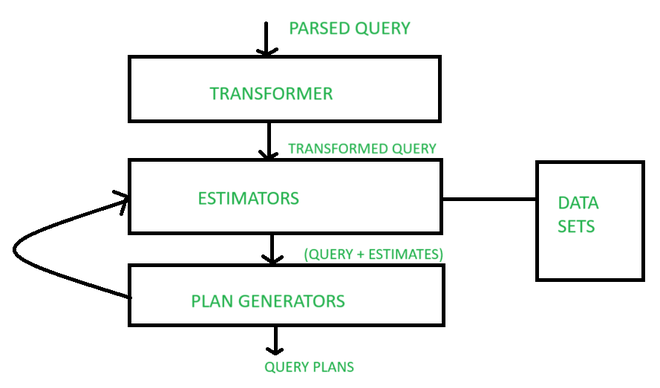The Role of Query Optimization in DBMS
Query optimization plays a crucial role in Database Management Systems (DBMS) as it helps improve the efficiency and performance of database operations. When dealing with large datasets, the way queries are written and executed can have a significant impact on the overall performance of a database system. In this article, we will explore the importance of query optimization in DBMS and how it can help optimize database performance.
What is Query Optimization?
Query optimization is the process of selecting the most efficient algorithm and data access paths to retrieve data from a database. When a query is executed in a DBMS, the system’s query optimizer analyzes the query and generates an optimal execution plan. This plan outlines the most efficient way to retrieve the desired data based on factors such as data distribution, indexing, and query complexity.
Importance of Query Optimization
Efficient query optimization is essential for improving the performance of database operations. By generating optimal execution plans, query optimization can significantly reduce the time it takes to retrieve data, thereby improving overall system performance. This is particularly important in applications that require real-time data processing or handle large volumes of data.
Factors Affecting Query Performance
Several factors can impact the performance of queries in a database system. These include the presence of indexes on queried columns, the complexity of the query itself, the size of the dataset, and the efficiency of the chosen data access paths. By optimizing these factors, query optimization can help reduce query execution times and improve the overall responsiveness of a database system.
Techniques for Query Optimization
There are several techniques that can be used to optimize queries in a DBMS. These include indexing, query restructuring, using appropriate join algorithms, and utilizing query hints. Indexing, for example, can help speed up data retrieval by creating indexes on columns frequently queried. Query restructuring involves rewriting queries to make them more efficient, while join algorithms determine the most efficient way to combine data from multiple tables.
Benefits of Query Optimization
Query optimization offers several benefits to organizations that rely on database systems for their operations. By improving query performance, organizations can enhance the speed and efficiency of data retrieval, leading to quicker response times and improved user experience. Additionally, query optimization can help reduce system resource usage, such as CPU and memory, by executing queries more efficiently.
Conclusion
In conclusion, query optimization plays a crucial role in ensuring the efficiency and performance of database operations in a DBMS. By optimizing query execution plans and data access paths, organizations can improve the speed, responsiveness, and resource utilization of their database systems. Therefore, it is essential for organizations to prioritize query optimization as part of their overall database management strategy.
